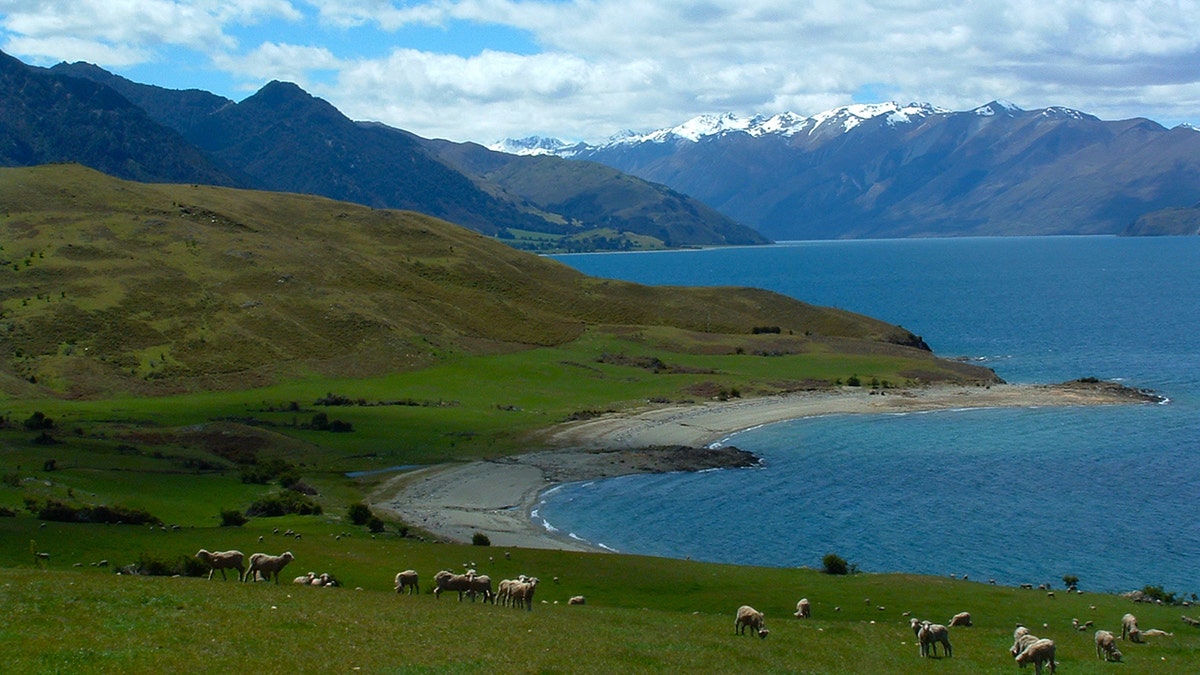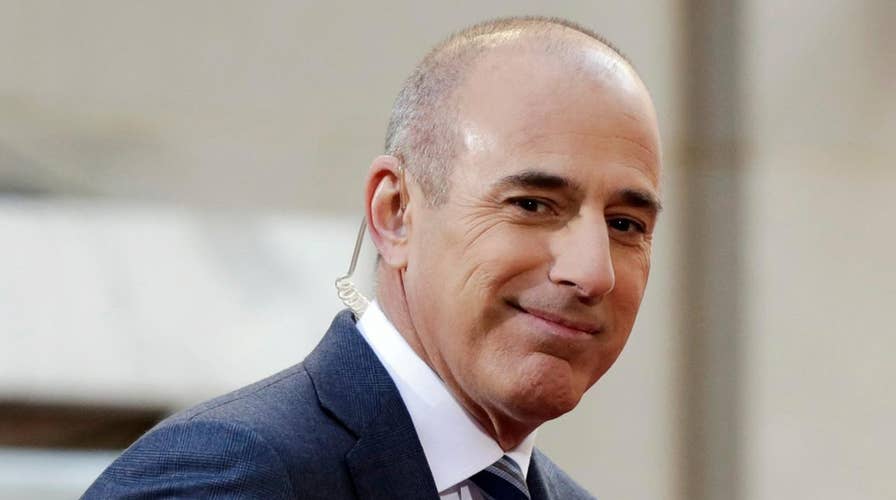Matt Lauer complains he's a victim of 'misinformation'
In Matt Lauer's first interview since he was fired from NBC over sexual misconduct allegations, the disgraced anchor discussed his ongoing legal battle over a piece of New Zealand land he purchased in 2017.
Cue the violins.
In Matt Lauer's first interview since he was fired from NBC over sexual misconduct allegations, the disgraced anchor discussed his ongoing legal battle over a piece of New Zealand land he purchased in 2017.
Lauer said the only reason his ownership of a lakeside ranch is being called into question now is because of the "difficult times" he's been through lately.
"I don't think I'm being a conspiracy theorist here, or paranoid, but I believe the groups are in some ways, unfortunately, taking advantage of some difficult times I've been through over the past six months and I think they see me as an easy mark," Lauer told Radio New Zealand from New York.
He went on to claim that people "don't know" the full "circumstances" of the allegations against him.
"I think most of the articles I've read...they make very frequent reference to that because they think, I believe...that New Zealanders are going to find some outrage there," Lauer said of his firing. "And would tell people they don't know the circumstances of that situation."
He added, "I'm not at liberty to talk nor would I want to talk about that."
Lauer purchased a lease for the Hunter Valley Station, a 10,750 hectare (26,500 acre) farm near the ski resort of Queenstown last year, which advertising material described as a "truly majestic setting," adjoining a UNESCO World Heritage site.

Lauer's ranch was located in an area known as Lake Hawea, in Otago, New Zealand. (iStock)
The property includes a five-bedroom lakefront homestead as well as several huts, about 13,000 cattle and merino sheep, and runs alongside a river filled with trout and salmon.
As the property controls the only way for the public to access Hawea Conservation Park, Lauer is required to allow visitors to cut through his property to get to the park. Lauer denies claims that he is denying the public access to pass through.
"[There's] misinformation that's out there and it's out there on purpose," he complained.
Lauer's termination triggered an investigation by New Zealand authorities, who require foreign buyers of important assets to be of good character. The provision is broad and includes criminal convictions as well as anything else that authorities decide reflects poorly on an owner's integrity.
The Associated Press contributed to this report.







